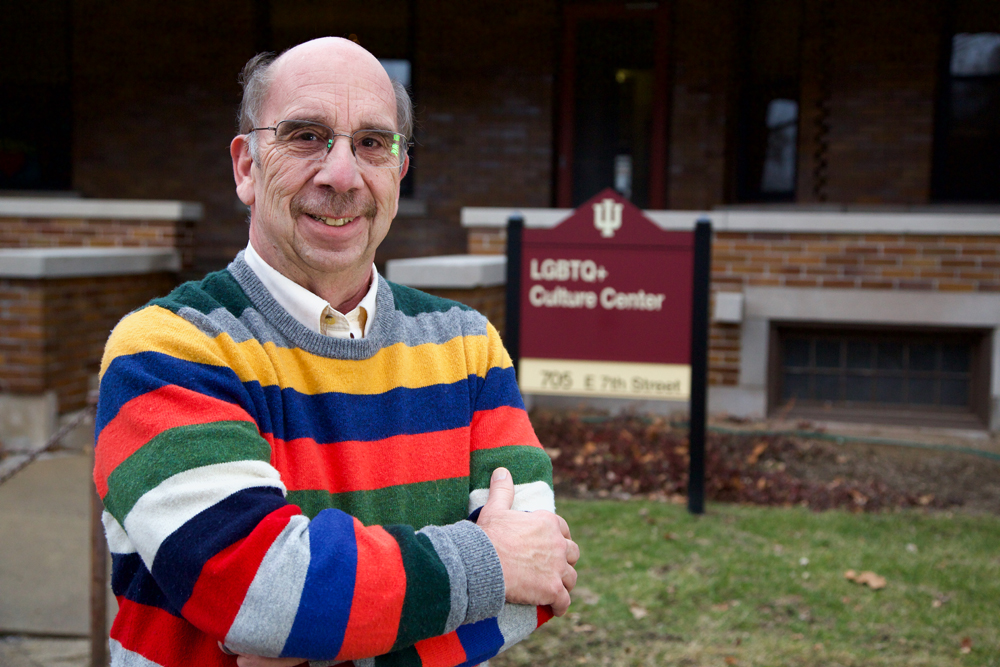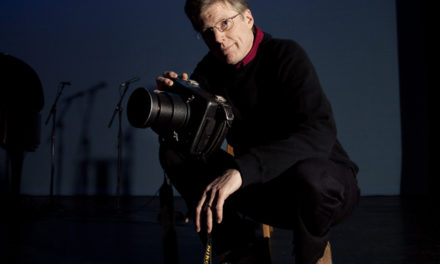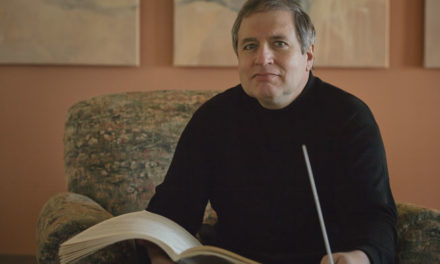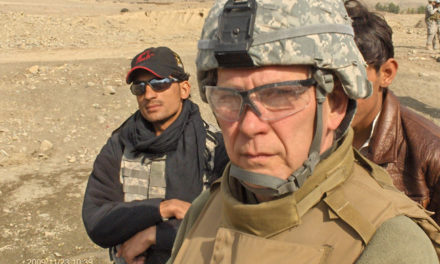
by TRACY ZOLLINGER TURNER
Following his retirement at the end of 2019, Doug Bauder, founding director of the Indiana University LGBTQ+ Culture Center, is ready to start work on a book reflecting on that experience. He plans to call it The Privilege of Being Queer. “It will be part memoir, part resource for other campuses,” he says. “We’ve heard from hundreds of campuses over 25 years who always asked the same question: How did you do this in Indiana?”
Bauder, 70, grew up in Bethlehem, Pennsylvania, where he was a member of the Moravian Church—a Protestant denomination with international counterparts in the Caribbean and South Africa. “I grew up in a faith context that valued difference, and that certainly helped me in my own coming-out process,” Bauder says. He worked as a pastor and director of a community LGBT service in Madison, Wisconsin, before moving to Bloomington more than 25 years ago to join his partner, Marty Siegel, a professor of informatics at IU.
When the LGBTQ+ Culture Center was proposed in the early ’90s, state legislators threatened to withhold funding. Then-President Myles Brand found a workaround, using private funds through the IU Foundation. “He got the legislators off his back and got the office up and running,” Bauder says. “So, we didn’t really have to deal with what I considered small-minded legislators, many of whom I thought were just using the issue in a way that they thought might get them reelected. I think over the years it’s been proven that being anti-gay is not necessarily popular, even in Indiana.”
Over the years, the center established a durable legacy of advocacy and education, as well as ongoing support for LGBTQ+ students.
Bauder says the support of many individual administrators and students resonates with him. He recalls Freedom Indiana, an organization that supported marriage equality, and the 100 or so students in the campus chapter who spent many evenings calling voters around the state.
“Some of those students were hung up on, some people were very rude, but many people were willing to listen,” he says. “The interesting thing was, the majority of those students were straight—they had gay friends and family members, and they clearly saw this as the civil rights issue of their day. To watch their activism was inspiring.”







